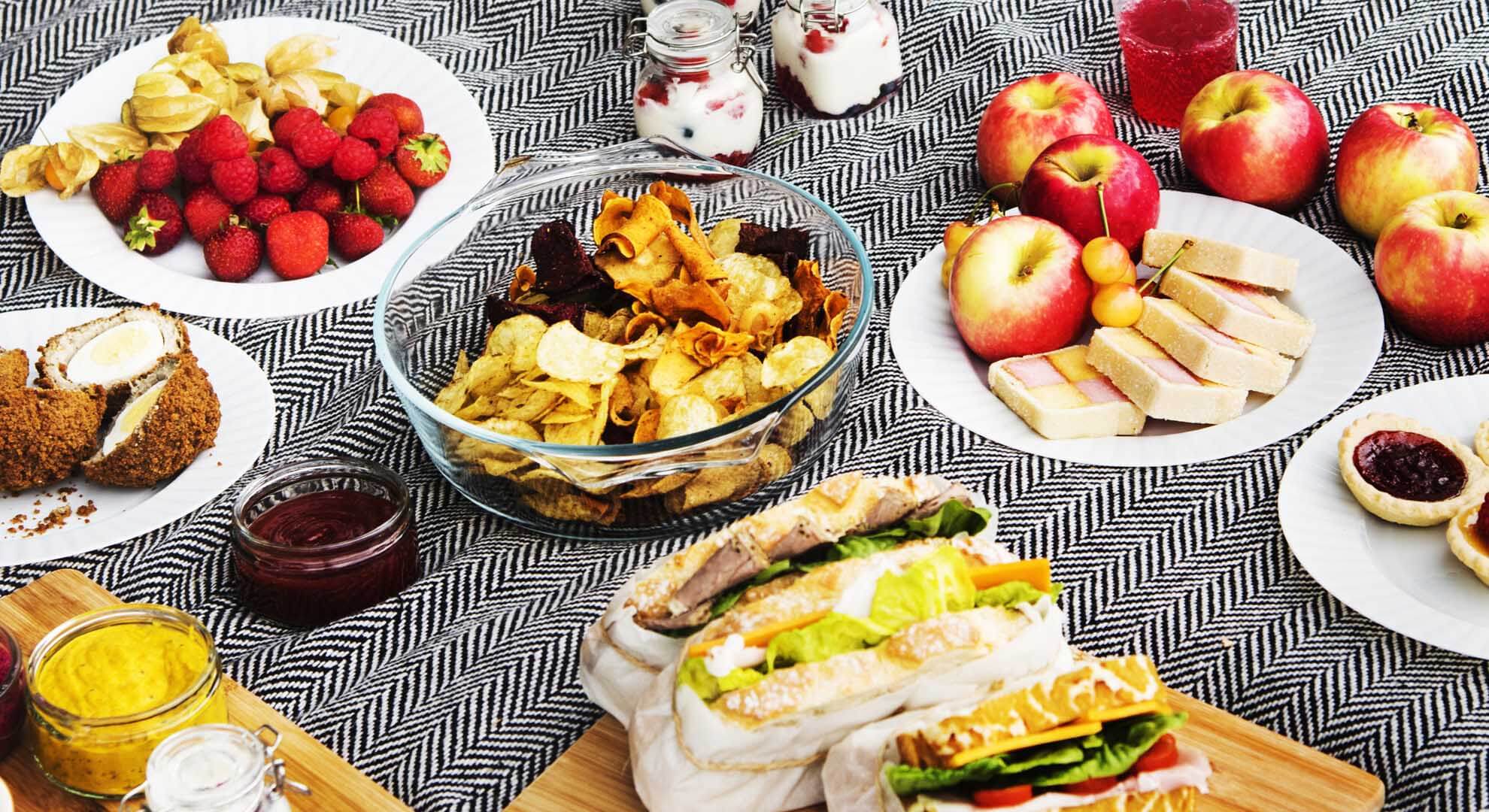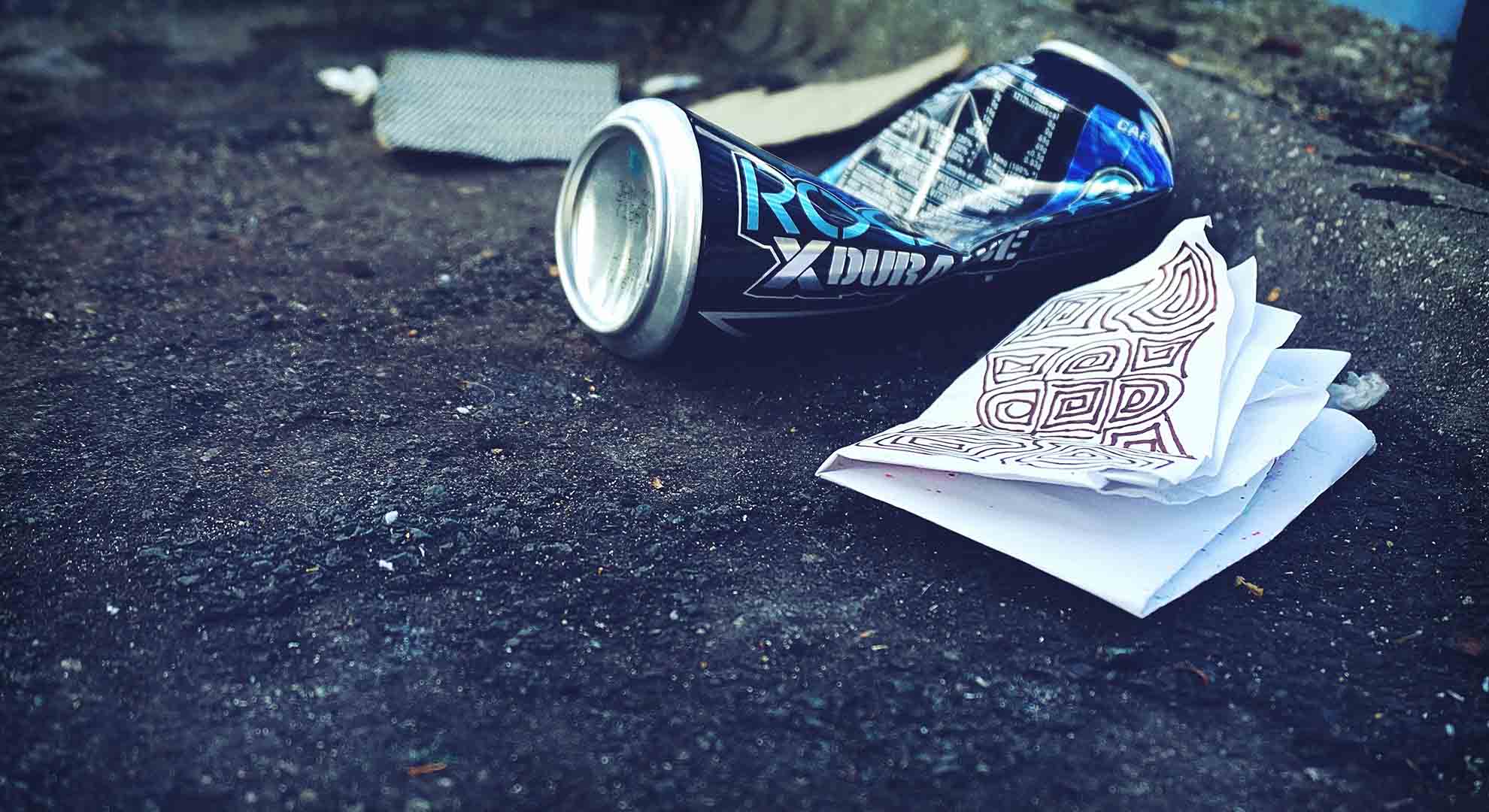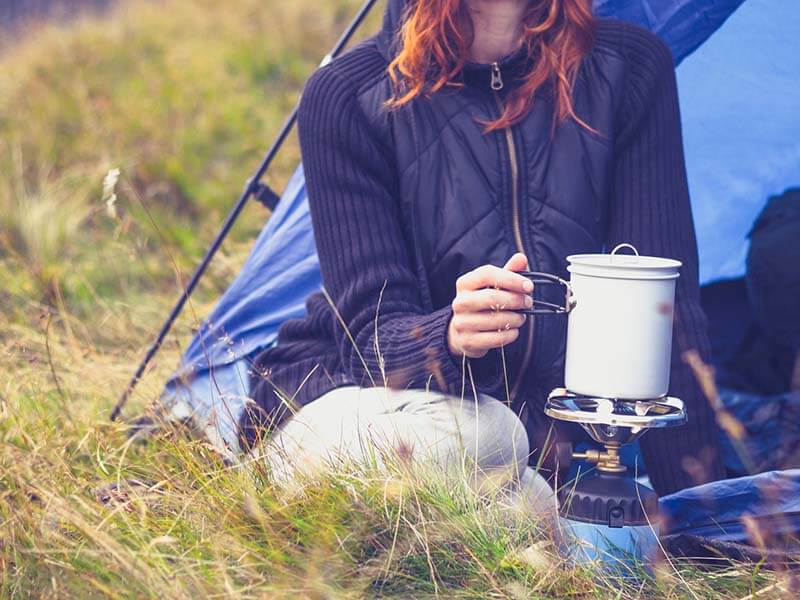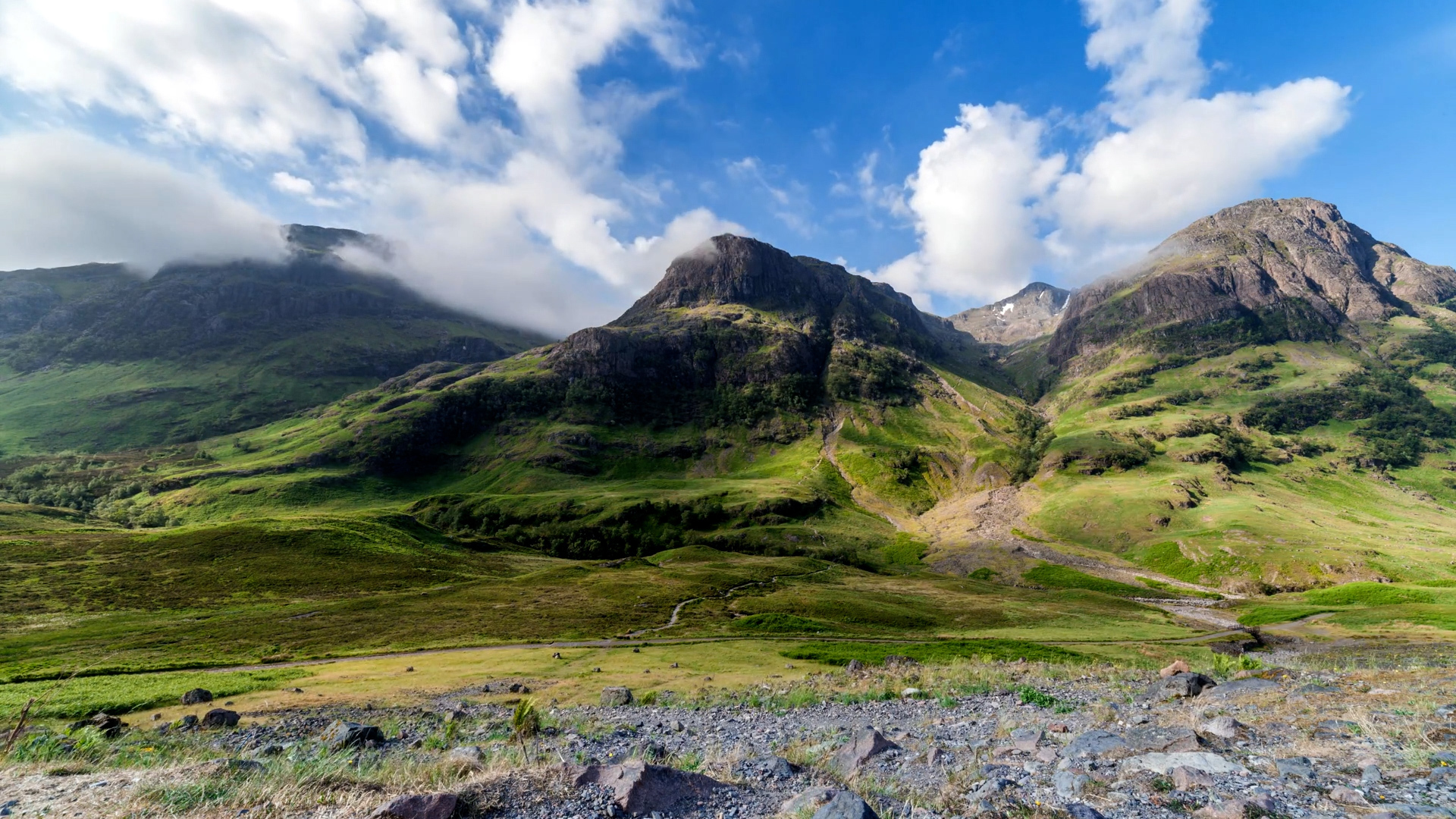
Scotland is Stunning - Let's Keep it that Way
Zero Waste Scotland - in partnership with the Scottish Government and Keep Scotland Beautiful - has launched phase two of their award-winning litter prevention campaign, Scotland is Stunning – Let’s Keep it that Way.
Recent research tells us that a quarter of Scots are seriously concerned about littering as lockdown restrictions begin to ease, and a third have seen an increase since the coronavirus pandemic started.
As Scotland takes another step back to normality, this campaign aims to encourage everyone to take pride in our outdoor spaces and keep them litter-free.
Everyone can do their part in preventing litter - whether you’re on a countryside walk, visiting a beach or having a picnic in an urban park – simply bin your litter or take it home. See our top tips on preparing for a daytrip below.
Not only is litter an eyesore and harmful to wildlife and children. It is also a criminal offence.
Scotland is Stunning – Let’s Keep it that Way.
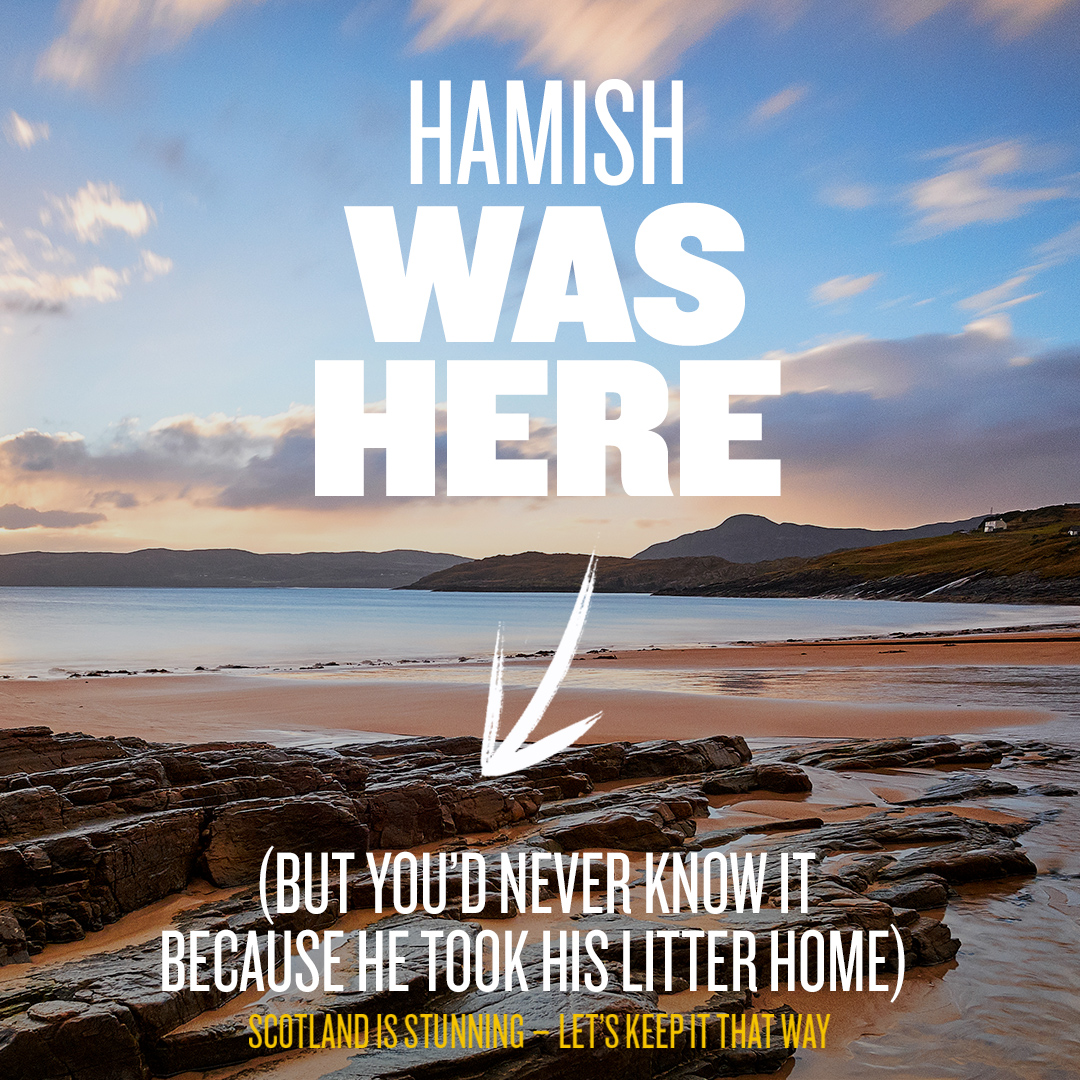
Top tips to prepare for a daytrip
If you are planning a daytrip to enjoy your favourite Scottish beauty spot, there are a few steps you can take to plan ahead and ensure you don’t leave litter behind.
Keep a bag in your car or backpack, so you’re always prepared if bins aren’t available or are full.
Plan ahead – don’t expect there to be bins.
Use reusables when out and about including straws, coffee cups, water bottles and cutlery.
Choose a reusable face covering, for when you visit any shops or eateries.
Remember that cigarette butts and fruit peelings become litter when dropped.
Don't place a disposable barbeque in a bin until it has cooled down completely, make sure it is fully extinguished by using plenty of water or sand.
Remember that cigarette butts and fruit peelings become litter when dropped.
Consider taking it home and recycling it, if it’s paper, card, or a drinks bottle – over a half of all litter could have been recycled.
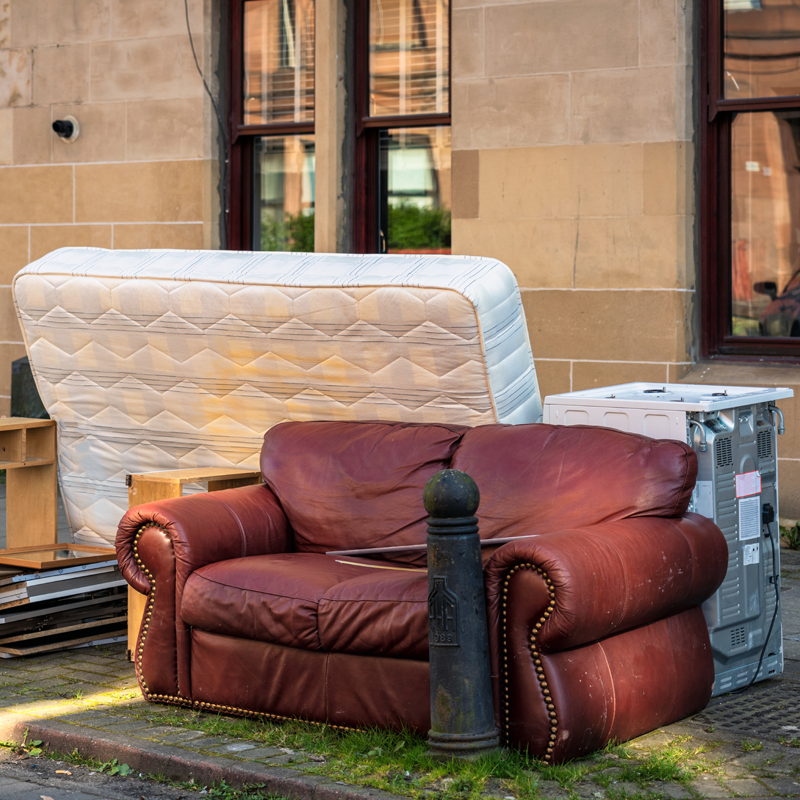
How to report flytipping incidents
The Dumb Dumpers flytipping reporting service has now closed. After consultation with the public and enforcement bodies local authorities, SEPA and Police Scotland), it was agreed that public reporting of flytipping incidents should be made directly to the relevant local authorities.

